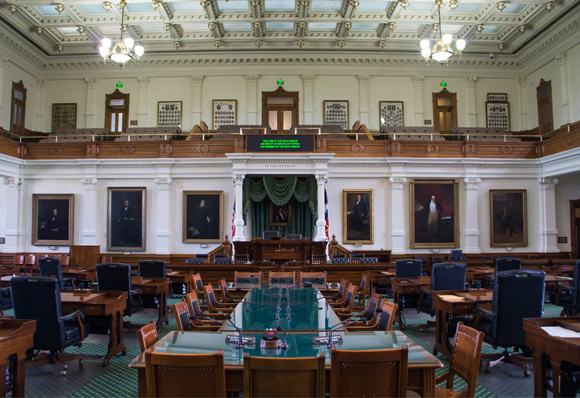Thus far, there have been no important bills enacted since the inauguration of the Trump administration. Since winning the presidential election last fall, President Trump insisted that the administration would promptly abolish and replace Obamacare (Patient Protection and Affordable Care Act), and then “Make America Great Again” by implementing tax reforms and large-scale infrastructure investment. The market expected to see the same kind of executive ability that Trump displayed in his own business activities. Unfortunately, this administration has stumbled from the start. Since Republicans control both the upper and lower houses of Congress, it would seem that passing bills should be easy. The health care reform bill could not be passed due to the internal conflicts within the Republican Party. An early success with the Obamacare revision should have provided momentum for the administration; but, the bill foundered in the Senate, resulting in the valuable first six months of the administration being wasted. President Trump has repeatedly insisted that Obamacare was collapsing, but in fact, it was his revision that has collapsed.
The derailing of the health care reform bill has revealed that President Trump has very little interest in enacting legislation, and has raised suspicions about his abilities as a politician. President Trump only cares about whether the bill can get through Congress; he has no interest in the specific content of the bill, or about reforming the medical insurance system. This is apparent from the fact that he has continued to trumpet the claim that insurance premiums will be reduced for many people, in spite of the fact that the bill has content that is disadvantageous to the white, working-class people who are Trump supporters, including a reduction in the support for low-income earners. After congressional representatives were invited to the White House by President Trump to ask for their approval of the bill, there was a leak of their suspicions that President Trump did not understand the bill or the fundamentals of the medical insurance system. It is unlikely that the uninformed President Trump could persuade any lawmaker to vote in favor of the bill. The lack of success of this bill is not only the responsibility of the Republican leadership in the Senate; a large part of the blame belongs to President Trump.
























































